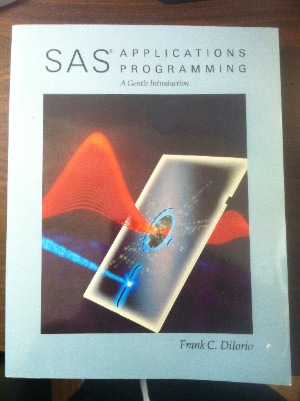
Red Oak round. Part of a standing-dead tree felled by my father in 2009.
It’s a beautiful Spring day — perhaps a little too breezy for the 50-something temperature — in the cute little neighborhood where we live. Laid out in the ’50s, our lots are about 60 feet wide and organized into neat rows of little 2- and 3-bedroom homes. From the back patio, I can see directly into the yards of at least a dozen of my neighbors.
We have a wood stove. It’s a magnificently efficient, modern marvel that fills our living room with the distinct glow and flicker of a one hundred thousand year-old technology. The little stove remains cold on the back, gets inconceivably hot on the front, and can heat the entire 1,400 square feet of our little ranch in the dead of winter. It does all that while consuming one big-ass piece of firewood every 90 minutes or so.
In other words, I’m polluting the world. I’m also releasing carbon-dioxide and a host of other truly hazardous chemicals into the neighborhood. (For example, read this revelation of horrors.) In my defense, this is Pennsylvania, the slopes of a wooded mountain start a block from our house, and every house in our neighborhood heats with oil or wood because natural gas is not available.
I digress.
I grew up in a house on a wooded lot, where loss of electric power was not uncommon in the winter. Every Spring, my father, (and later, my father and I,) set about laying up firewood. When he was younger and I was indefatigable, we would cut our own trees, or cut and remove trees for neighbors. The cut rounds would then be laboriously split by hand with wedges and sledge, (no fancy-schmancy log splitters for my dad,) over the course of weeks and months until we had a season’s worth of firewood. Each year we’d burn the wood we’d layed-up two Springs back.
I possess a swirled mass of happy memories related to a deafening chain saw — a kick-ass early ’70s “Mac10” (yes I still have it, no it’s not for sale) — huge bow saws, splittin’ wedges, mauls, worn work gloves, wood chips in all your clothing and socks. I distinctly remember being deemed too young to be allowed to swing the sledge, and being relegated to wedge-starting duty working with a four pound maul. I also distinctly remember my dad wincing as I quickly wrecked the hickory handle of his sledge hammer once I was deemed old enough.
Split your own firewood; It will warm you twice.
They’ve stopped already??
See, I started writing this piece because “the young kids” two yards over were splitting firewood, and I just noticed they have already stopped some time ago. ha! Kids these days.
We’ve a section of shadow box fencing on the side of our yard, so I could only see them in glimpses through the slits. But I could hear the whootin’ and a-hollerin’, and the not-as-rhythmic-as-it-should-be banging and whacking, and also the missin’ and cussin’ and the sound of a sledge handle hitting things.
I could see they were swinging the sledge the way one would swing a tennis racket for an overhand serve. They were hurrying the swings, instead of making each strike count. They were excited when the wood split, rather than being excited by the process of producing firewood with their own hands.
You see, to split with a sledge, you draw the handle back by sliding it through your top hand until your hand nears the head of the sledge. Then you send the head straight up, pushing with your lower hand that is at the end of the handle and sliding your top hand down to meet your bottom hand. As your hands meet, the head of the sledge is up in the clouds. Then — all together — bend your knees slightly, lower your whole body, pull down your arms, and bring everything to focus on the top of that wedge. If you’ve done it correctly, the sledge strikes with a solid BAM! and stays on the wedge with a succinct “da-tink”-sounding hop. When a log splits clean, the wedge sings out, “PLING!”
Last spring I split firewood for hours on end. Carefully. Methodically. For the long haul. While thinking of my father.
BAM-da-tink. BAM-da-tink. PLING!
Splitting firewood as a metaphor for life
Choose the right work.
It’s not enough to choose to do the splitting. You have to split the right wood, at the right time of year. You need a place to do the splitting. You need a place to stack the wood so your labors are ultimately useful. You also need family or friends with which to share the warm glow of the fire as the fruits of your labor.
Use the right tools.
A mechanized log splitter is fine for commercial firewood sellers. But humans splitting their own firewood use hand tools. You need the correct tools; No more, no less. Your pride in your work shall show in the maintenance of your tools.
Strike decisively.
Aim. Strike. Strike correctly. Strike hard enough, but no harder. Strike so that you can strike again and again and again, until your work is well and truly done.
See, this here our fathers wrought for us.
ɕ
 Once upon a time…
Once upon a time…
